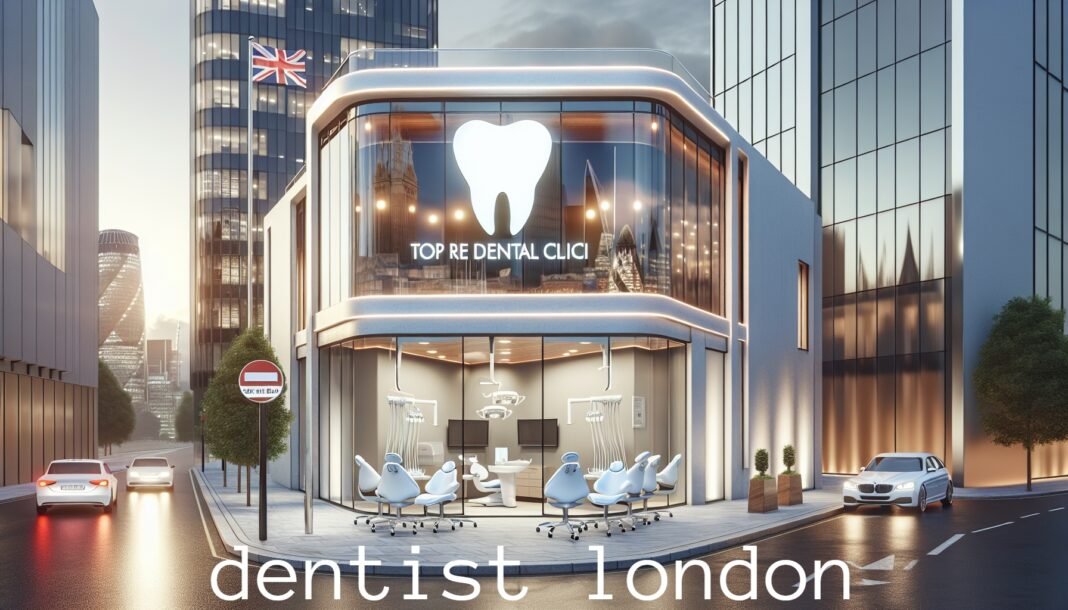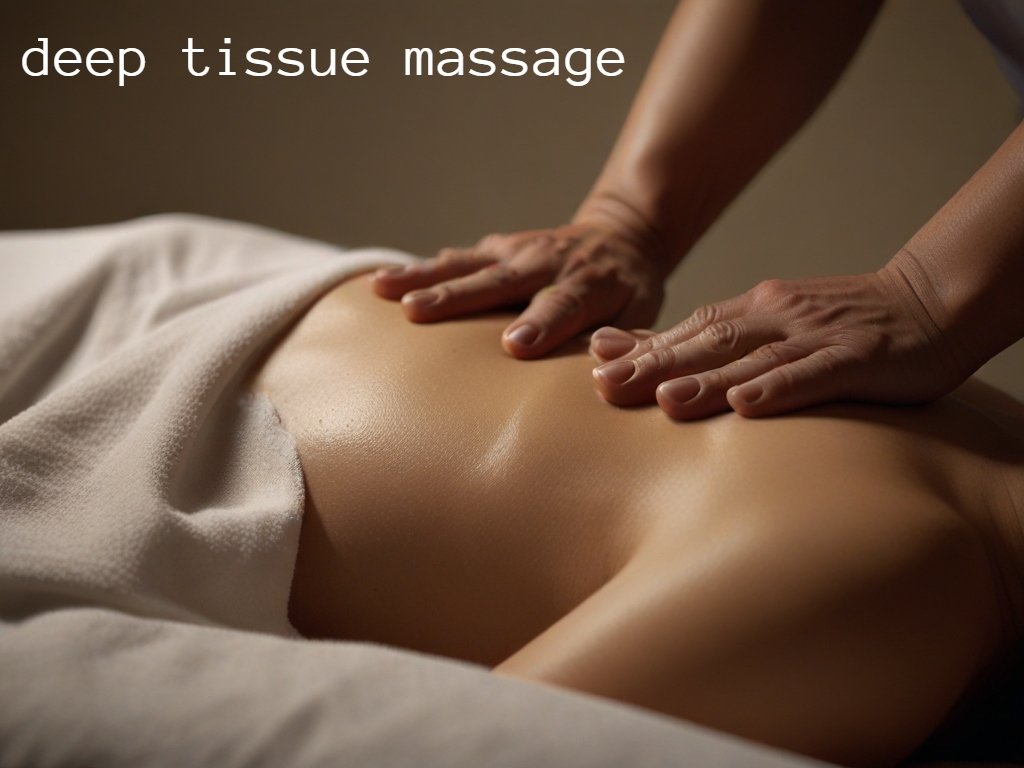Finding the right dentist london can be a daunting task, whether you’re in need of a routine check-up, a complex dental procedure, or an emergency dentist in London. With a plethora of dental clinics spread across the city, each promising a unique approach towards dental care ranging from general dentistry to smile makeovers and dental sedation, the choice boils down to selecting a London dental clinic that aligns with your specific dental health needs.
To navigate the vast world of dentistry in London, this article serves as a comprehensive guide, shedding light on the importance of regular dental check-ups, the latest in cosmetic and orthodontic solutions, and the advanced treatments available for tooth replacement. It will also delve into the realm of emergency dental services, ensuring you are equipped with the knowledge to choose the best dental experts for everything from black triangle teeth treatments to re-root canal treatments and white fillings, thus ensuring your dental health is in the best hands.
The Importance of Regular Dental Check-ups
Regular dental check-ups are a cornerstone of preventive dental care, essential not only for maintaining oral health but also for its broader implications on overall well-being. These routine visits are crucial for early detection of potential dental issues such as gingivitis, tooth decay, and more severe conditions like oral cancer. By identifying these problems early, treatments can be less invasive and more cost-effective, emphasizing the importance of scheduling check-ups every six to twelve months depending on individual health needs.
During these visits, dental professionals do more than just check for cavities; they also perform a comprehensive assessment that includes professional cleaning and patient education on effective oral hygiene practices. Dental hygienists play a pivotal role, removing plaque and tartar that daily brushing and flossing might miss, thus preventing a range of complications including gum disease and tooth decay. This not only helps in maintaining good oral health but also enhances overall health by potentially mitigating risks associated with systemic issues like diabetes and heart disease.
Moreover, regular dental appointments provide an opportunity for dentists to conduct thorough examinations of the head, neck, and lymph nodes, checking for any signs of systemic health issues. This holistic approach to dental care ensures that any signs of broader health problems can be spotted early. The advice offered by dentists during these sessions is tailored to individual needs, making it more reliable than generic information available online, and is crucial for maintaining long-term dental and general health.
Cosmetic Dentistry Services in London
London stands as a hub for cosmetic dentistry, boasting clinics that combine decades of experience with innovative treatments designed to enhance smiles. The London Centre for Cosmetic Dentistry, recognized for over 35 years of service, offers a tranquil environment where patients can access a variety of treatments from veneers to teeth whitening, ensuring comfort and care during each visit. Similarly, The London Smile Clinic has placed an impressive 31,723 veneers and straightened 15,132 smiles, providing services like gum reshaping and smile design to meet diverse patient needs.
Another notable institution, The Harley Street Smile Clinic, offers extensive cosmetic services including full smile makeovers and Invisalign, backed by more than 30 years of expertise. Their approach is tailored to individual smile aspirations, ensuring each patient receives personalized treatment plans.
Meanwhile, Marylebone Smile Clinic specializes in aesthetic enhancements like gum lifts and tooth contouring, focusing on subtle yet impactful changes to one’s dental appearance.
For those seeking comprehensive options, Smile Cliniq and Progressive Dentistry offer an extensive range of services. Smile Cliniq covers everything from basic teeth whitening to complex procedures like zygomatic implants, catering to both routine and specialized needs.
Progressive Dentistry emphasizes minimal intervention, preserving natural teeth while enhancing aesthetics through treatments like Alignment, Bleaching, and Composite Bonding (ABC), demonstrating the clinic’s commitment to sustainable, patient-focused care.
Orthodontic Solutions for All Ages
Orthodontic treatment is essential at any age, but the approach varies significantly across different life stages. The American Association of Orthodontists suggests that children should have their first orthodontic evaluation by the age of seven. This early assessment allows orthodontists to identify and address various issues such as crooked teeth, bite misalignments, and improper jaw development.
Early treatments might include fixed or removable appliances, palate expanders, and space maintainers, which are categorized under Phase I and Phase II treatments. Phase I targets specific problems like underbite or overcrowded teeth before all permanent teeth have appeared, while Phase II, commencing after all permanent teeth have erupted, often involves braces or clear aligners.
As individuals enter their teenage years, orthodontic focus shifts towards perfecting the appearance and functionality of the teeth. Treatment during these years is crucial as it sets the foundation for oral health in adulthood. For adults, the treatment might take longer due to denser bone tissue, and considerations such as existing dental work and overall dental health play a significant role.
Adults can choose from various appliances, including traditional braces and clear aligners, but not all appliances are suitable for every orthodontic issue, emphasizing the need for professional evaluation.
Advances in orthodontic technology have made treatments more comfortable and less conspicuous, catering to lifestyle needs across ages. Regular orthodontist visits, scheduled every six to eight weeks, are crucial for monitoring progress and adjusting treatments as needed. Ultimately, orthodontic care is not just about aesthetic enhancement; it’s about maintaining the health and functionality of one’s teeth, which directly impacts overall health and quality of life.
Dental Implants and Tooth Replacement Options
Dental implants are highly regarded for their ability to restore the function and aesthetics of natural teeth. Comprising a titanium root and a custom crown, these implants integrate into the jawbone, providing a stable foundation for replacement teeth. This integration helps in maintaining jawbone integrity and facial structure, closely mimicking the natural tooth-root system. Dental implants are not only a solution for individual tooth loss but can also be adapted for multiple teeth replacements using implant-supported bridges or partials.
Implant-supported dentures, including options like All-on-4, offer a more permanent and stable solution compared to traditional dentures. The All-on-4 technique involves placing four titanium implants in the jawbone, which serve as anchors for a full arch of prosthetic teeth. This method is particularly beneficial for patients who have experienced significant bone loss, as it requires fewer implants and provides immediate results with same-day temporary replacement teeth.
For those requiring extensive reconstruction, various specialized implants such as subperiosteal or zygomatic implants are available. Subperiosteal implants are suitable for patients lacking sufficient jawbone, placed on top of the bone yet under the gums. Zygomatic implants, more complex, are anchored in the cheekbone. Alongside these, additional procedures like bone augmentation or sinus lifts may be necessary to prepare the site for implantation, ensuring a higher success rate and long-term durability of the dental implants.
Emergency Dental Services
In urgent dental situations, timely access to care is crucial. For immediate dental issues, NHS Dental Services offers emergency consultations. Patients can contact their registered dentist or use NHS 111 to locate nearby services. If dental problems occur out of normal hours, these channels also guide patients to accessible out-of-hours services. It’s important to note that an urgent dental treatment under NHS guidelines costs £26.80, with exemptions applying to those entitled to free dental care.
For more severe emergencies, such as heavy bleeding, significant facial injuries, or severe swelling that extends to the neck or eyes, individuals should visit the nearest Accident and Emergency (A&E) department. These conditions require immediate medical attention to prevent further complications or more serious health issues.
Private emergency dental care is also available in London, with facilities like The Baker Street Dental Group offering 24/7 aftercare. This clinic provides immediate treatments such as same-day root canal procedures or complex tooth extractions without the need for prior patient registration.
Additionally, The London Emergency Dental Clinic, conveniently located near major tube stations, boasts a team with over 300 years of combined experience and a high patient satisfaction rate, evidenced by numerous 5-star reviews. They offer comprehensive emergency services alongside general and cosmetic dentistry, accommodating a multilingual clientele to ensure effective communication and patient comfort.
Conclusion
Navigating through the extensive options for dental care in London underlines the importance of making informed choices that suit individual health needs and aesthetic desires. From the significance of regular dental check-ups to the technicalities of cosmetic dentistry, orthodontic solutions, dental implants, and emergency dental services, this guide has been aimed at simplifying the process of choosing the right dental care provider. It highlights the array of treatments available, reflecting advancements in dental technology and the emphasis on patient-centered care, ensuring not just functional but also aesthetic satisfaction.
The journey towards optimal dental health and aesthetics is one that requires careful consideration, guided by professional advice and personalized care plans. The described London-based clinics represent just a portion of the city’s commitment to offering high-standard dental services, catering to a diverse range of needs.
As dental health is an integral part of overall well-being, selecting the right dentist is a critical step towards maintaining not only a healthy smile but also a healthier life. It is hopeful that this comprehensive guide serves as a valuable resource for anyone seeking to enhance their dental health in London, encouraging further exploration and engagement with trusted dental professionals.
FAQs
1. What factors should be considered when selecting a dentist in the UK?
When choosing a dentist, consider several important factors: the location of the dental practice, whether they have the necessary medical accreditations, the type of dental care (NHS or private) they offer, the quality of customer service, available payment plans for dental care, the range of dental treatments they provide, their emergency dental care services, and personal recommendations from others.
2. What distinguishes a dental practitioner from a dentist?
Both dentists and dental practitioners are professionals who assist in maintaining oral health. However, the term “dental practitioner” broadly includes roles such as dental hygienists, therapists, prosthetists, and oral health therapists, in addition to dentists. All these roles focus on diagnosing, treating diseases of the teeth, gums, and mouth, and promoting dental health.
3. How many years of study are required to become a dentist in the UK?
To qualify as a dentist in the UK, one must complete at least five years of study at a dental school, which is then followed by one to two years of supervised practice.
4. What is the duration of dental school in the USA?
In the United States, dental school typically lasts four years. Upon completion, graduates earn either a Doctor of Dental Surgery (DDS) or a Doctor of Medicine in Dentistry (DMD) degree, both of which are essentially equivalent.


